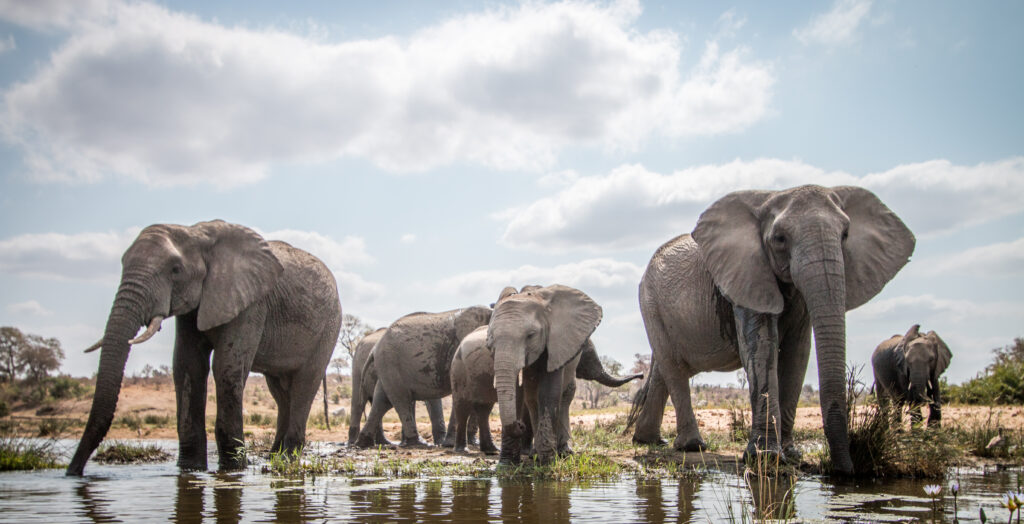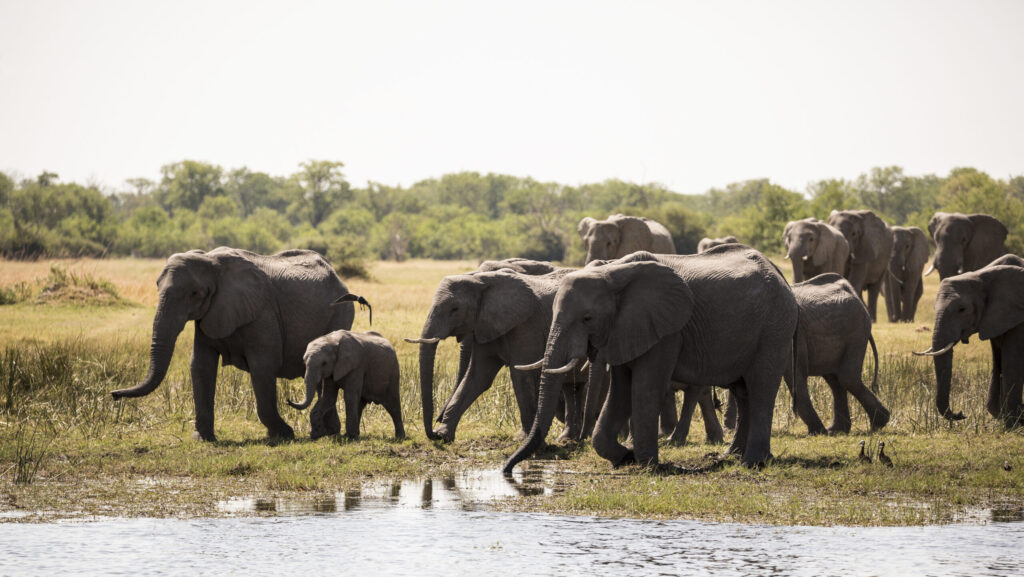In a surprising turn of events, Botswana’s President, Mokgweetsi Masisi, has issued a provocative proposition to Germany amidst a contentious conservation dispute. Frustrated by proposed restrictions on the importation of hunting trophies, President Masisi has proposed a rather unconventional solution: relocating 20,000 elephants to Berlin.
The root of this conflict lies in Germany’s consideration of stricter regulations regarding the import of hunting trophies, citing concerns over poaching. Botswana, home to a burgeoning elephant population of approximately 130,000, views hunting as a necessary measure to manage what President Masisi describes as an “overpopulation plague.”

President Masisi’s proposal, delivered via an interview with German daily Bild, comes as a bold response to the perceived disregard for Botswana’s conservation efforts. He challenges German policymakers to experience firsthand the challenges posed by coexisting with large herds of elephants, emphasizing the real-world consequences faced by Botswana’s citizens due to property damage and agricultural losses.
The offer to send 20,000 elephants to Germany is not an idle threat but a tangible expression of Botswana’s frustration. President Masisi has already extended similar offers to Angola and Mozambique, seeking to alleviate the pressure caused by the burgeoning elephant population.
While Botswana’s stance may seem drastic, it underscores the complexities of wildlife management and conservation in the face of competing interests. Botswana’s decision to lift the ban on trophy hunting in 2019, after initially imposing it in 2014, reflects the delicate balance between conservation efforts and socioeconomic considerations.

Despite the bold rhetoric from Botswana’s president, the German Ministry of Environment has stated that Botswana has yet to raise concerns about the proposed import restrictions formally. Nonetheless, discussions between affected African countries and Germany continue, with a focus on ensuring the sustainability and legality of hunting trophies’ importation.
As the debate unfolds, it highlights the broader challenges conservationists and policymakers face in preserving biodiversity while addressing the needs of local communities and managing human-wildlife conflicts. In the end, the fate of Botswana’s elephants and the resolution of this dispute will depend on a
delicate dance of diplomacy, cooperation, and mutual understanding between nations.
By Craig Mitchell
Contributor @Khaki Bush Magazine
Images Credit Elemento

